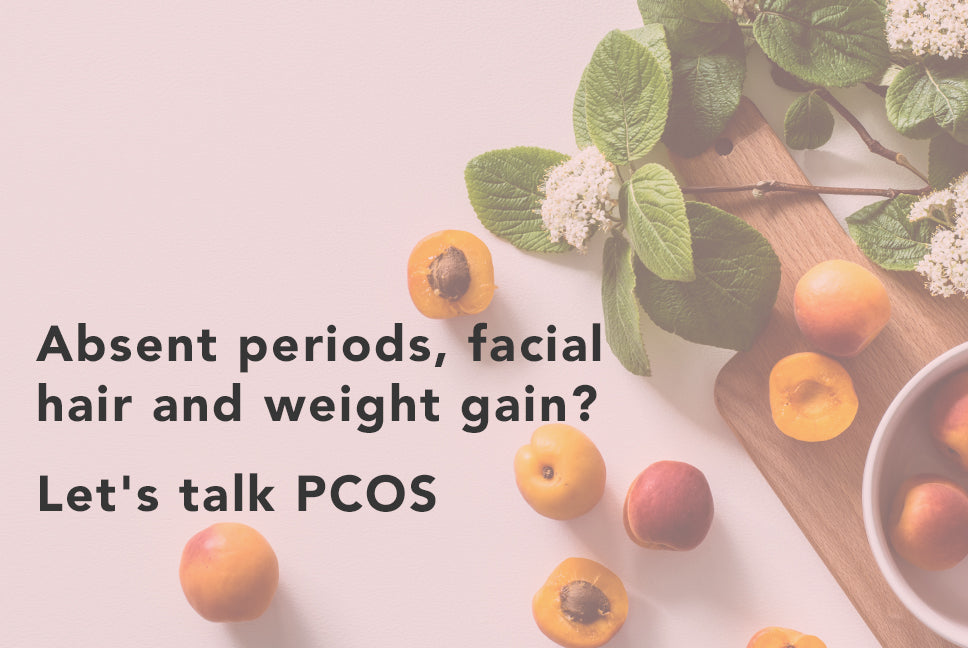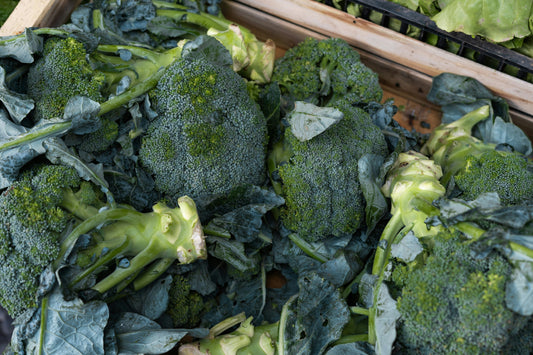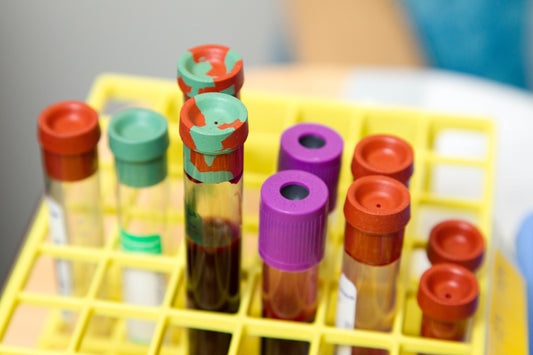Polycystic Ovary Syndrome (PCOS) is a common condition, affecting about 5-10% of women in NZ. PCOS is a hormonal and metabolic condition where there is an excess production of androgens (male hormones) by the ovaries, leading to an imbalance of female to male hormones. This hormonal imbalance means the eggs within the ovary (known as follicles at this point) don’t develop as they normally would, leading to irregular or non-existent ovulations, and therefore menstruations (periods). PCOS can also lead to metabolic, cardiovascular, and reproductive risks. As the name states, PCOS is a syndrome, which means the condition is made up of multiple different symptoms. Each person with PCOS will present differently, making treatment very individual.
Symptoms of PCOS
- Irregular or absent periods
- Long bleeding
- Hair loss from head
- Dark hair growth on face or body
- Weight gain
- Infertility
To keep things interesting, there is more than one type of PCOS
Everyone who has PCOS is medically diagnosed with ‘Polycystic ovarian syndrome’, but the causes and symptoms of their diagnosis can be split into four different groups - meaning there are actually four types of PCOS. By knowing which type you have, it will help to determine the approach to treatment taken.
The four types are:
- Insulin-resistant PCOS
- Inflammation-based PCOS
- Synthetic hormone-induced PCOS
- Hidden-cause PCOS
Insulin-resistant PCOS is the most common form and results from high insulin levels stopping ovulation, causing irregular cycles and symptoms. People with this form benefit greatly by dietary and lifestyle changes. Symptoms of insulin-resistant PCOS include weight gain/obesity, acne, dark facial hair, mood swings, and absent periods.
Inflammation-based PCOS is when the inflammatory response of our immune system stops ovulation and causes irregular cycles. These responses can come from foods such as gluten, dairy, sugar, soy, artificial sweeteners, or from overexposure to endocrine disruptive chemicals. This type is generally seen in those who are not overweight and they usually don’t suffer any classic symptoms of PCOS like facial hair. Typically symptoms of this form include no/irregular ovulation, and therefore missed/irregular periods.
Post pill PCOS can occur after you’ve come off a form of contraception containing synthetic hormones, including oral contraceptive pill, implant, shot, or ring. While you were taking these synthetic hormones the communication between your pituitary gland (a gland in your brain) and your ovaries was shut off to prevent ovulation and therefore pregnancy. Sometimes once you’ve stopped taking these hormones, your body struggles to get these lines of communication open again, leading to irregular or missed ovulations and therefore periods.
Hidden-cause PCOS is when something is blocking ovulation. This may be due to a thyroid disorder, vegetarian or vegan diet, eating very little, iodine deficiency, low carbohydrate diet, or eating only raw foods.
To make things a little more complicated, some people can have a combination of different types of PCOS.
What’s the connection between PCOS and infertility?
Ovulation should happen once a month, but for people with PCOS they typically ovulate less frequently or predictably, making conception more difficult. In addition to this, people with PCOS are also more prone to miscarriages. For these reasons, infertility and difficulty to remain pregnant is a common sign of PCOS. Alongside this is the frequent misdiagnosis of PCOS. As a result of misdiagnosis, couples spend thousands of dollars on infertility treatment. However, if diagnosed and treated correctly, you have a far greater chance of conception if your PCOS is properly treated.
How is PCOS diagnosed?
Although the name polycystic ovary syndrome implies women with PCOS have multiple cysts on their ovaries, diagnosis is not dependent on the presence of cysts. This is because cysts are actually just immature follicles (developing eggs), meaning they are normal for the ovary. These are often seen via ultrasound in totally healthy women, and therefore more is required to diagnose PCOS. For a PCOS diagnosis, there must be a combination of these three symptoms: Oligomenorrhea (infrequent periods) or anovulation (no ovulation), 12 or more follicles on each ovary and/or an increased ovarian volume, and hyperandrogenism (high levels of androgens).
How is PCOS treated?
The good news is, PCOS is completely manageable if the type of PCOS is correctly diagnosed and the correct support is received. In addition to the type of PCOS, management is also determined by lifestyle factors, personal health history, and current medical conditions. Broadly speaking, PCOS is best managed with dietary and lifestyle changes, including:
- Consuming both animal and plant-based proteins and healthy fats.
- Eating the right kind of carbohydrates. By this I mean complex carbohydrates that are high in fibre like the ones found in starchy vegetables, quinoa, and buckwheat. Try to avoid highly refined and processed carbohydrates found in foods like white bread and pasta - this tip is especially important for those with insulin-resistant PCOS.
- Look at your caffeine intake. Caffeine can do some serious damage to your hormones and has also been shown to increase your risk of miscarriage by 74% in those with PCOS when consuming 3 or more cups a day. Coffee also depletes your B vitamins which are essential for hormone production and balance.
- Reduce your toxin load by using toxin-free makeup, beauty, and cleaning products. Everyday chemicals are what we call endocrine disruptors, which means they are pretty good at throwing our hormones out of whack. Read more about this here.
- Look after your gut and microbiome. A group of bacteria within the gut, called estrobolome, help to metabolise estrogen. If your gut is out of whack, hormone healing is very difficult.
- Fix nutrient deficiencies. Most women with PCOS require micronutrient support. Important ones include magnesium, B vitamins, and vitamins C, D, & K.
- Load up on anti-inflammatory foods like tumeric, good quality fatty fish, berries, green leafy vegetables, nuts (including walnuts and almonds), and olive oil.
- Sleep sleep sleep. Sleep helps nearly everything, including hormone regulation. Make a good nights sleep a priority.
If you suffer from PCOS and want some answers, book a free discovery call with me so I can help you uncover the reason behind your PCOS and how best to treat it.




